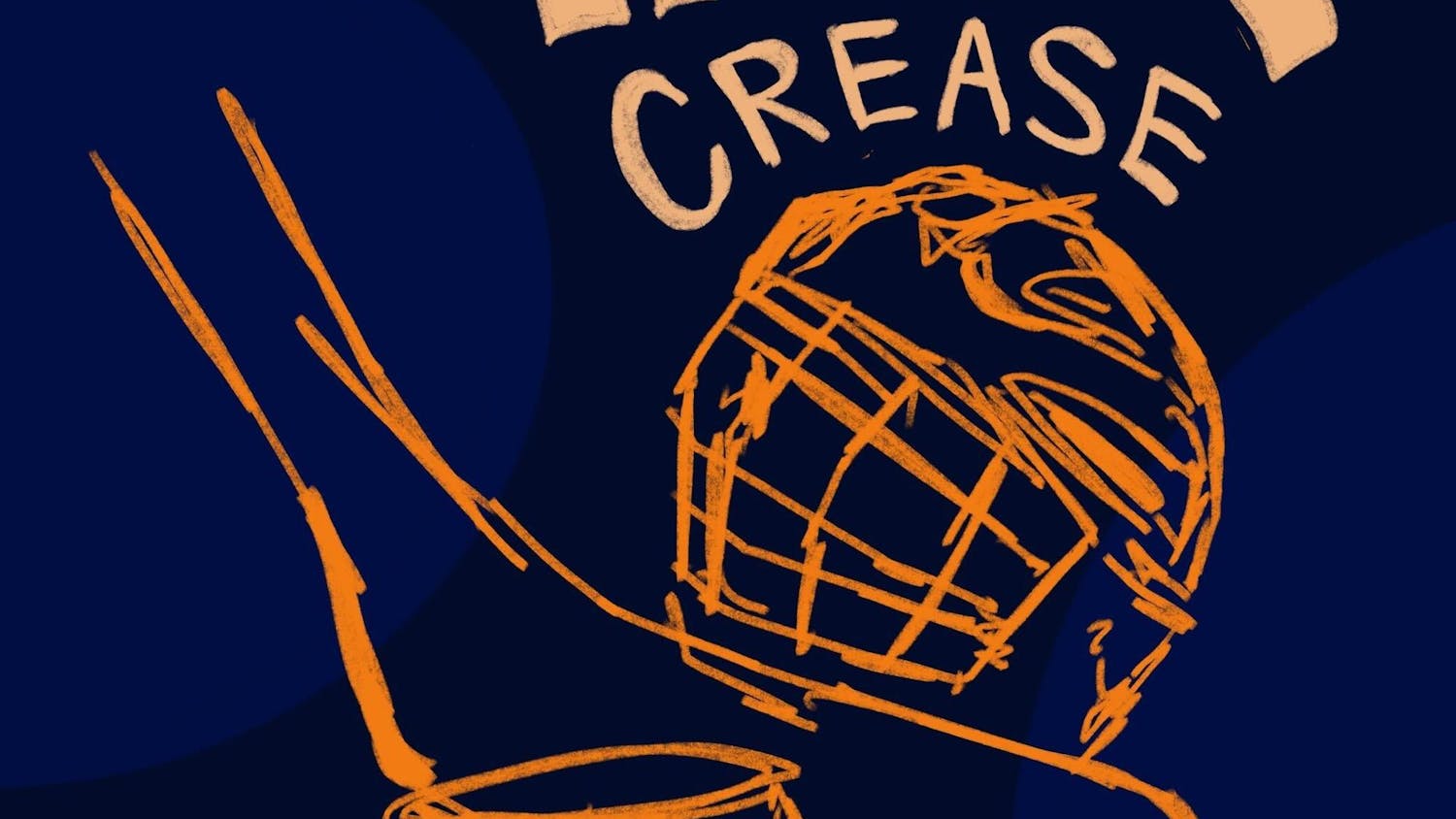NBA Twitter exploded over last week's frenzy of trade rumors — most notably, Anthony Davis wanting to leave the New Orleans Pelicans. It all tipped off on Monday when Davis told the team that he wanted to be traded to a championship-contending team, and his agent Rich Paul informed the Associated Press that he would not be signing an extension with the Pelicans. With one of the best players in the league now on the market, fans and sports talk shows came up with more potential trade and theories of collusion in one day than there had been in the entire first half of the season.
Suddenly there was talk that LeBron James and Davis had colluded through their shared agent Paul, in order to stack the players together on the Los Angeles Lakers. Kyrie Irving stepped back from his commitment to re-sign with the Boston Celtics this summer, and fans speculated even further that there was a plan to get all three players together. Add into this the Kristaps Porzingis trade moving him from the New York Knicks to the Dallas Mavericks, and rumors of Kevin Durant wanting to sign with the Knicks this summer. Fans complained about the lack of player loyalty, players wanting to stack teams and how it didn’t used to be this way back in the '80s and '90s when players actually wanted to compete.
Fans remember with nostalgia their own high school or college sports experiences, claiming that the competitive drive is gone and the purity of the game has left with it. People romanticize older times and blame any new changes on the athletes with a supposed lack of loyalty in the new generation. It's a mentality that ignores the ever-changing professional sports landscape.
What began as a business that barely kept afloat and was filled with athletes who might even work another job during the day has turned into one of the largest brands in the country — a market whose global presence continues to expand. In 2001, the average valuation of each NBA franchise was $207 million. Today that number has ballooned to $1.65 billion. Fans become attached to players and it’s understandable when they are upset about a player switching teams. But as teams focus more and more on their businesses' growth and increasing franchise valuations, they worry less and less about things like loyalty to their players (even with fan favorites like former Boston Celtic Isaiah Thomas). It follows that players should worry less about loyalty to their teams.
Claims that the league is too unbalanced are overblown anyway. Even before LeBron revolutionized players taking control of their free agency, every decade of the NBA featured domination from a few teams. The '80s had the Celtics and the Lakers, the '90s had the Bulls and the Rockets and '00s had the Lakers, Spurs and Celtics again.
The main change isn’t in competition; players are taking more control of their own destiny, and that shouldn’t be an issue as they remain the driving force behind a multi-billion dollar global brand.
More from The Tufts Daily
Merseyside welcomes Federico Chiesa
By
Bharat Singh
| September 19
In the Crease: The NHL season is almost upon us
By
Zachary Gerson
| September 19





